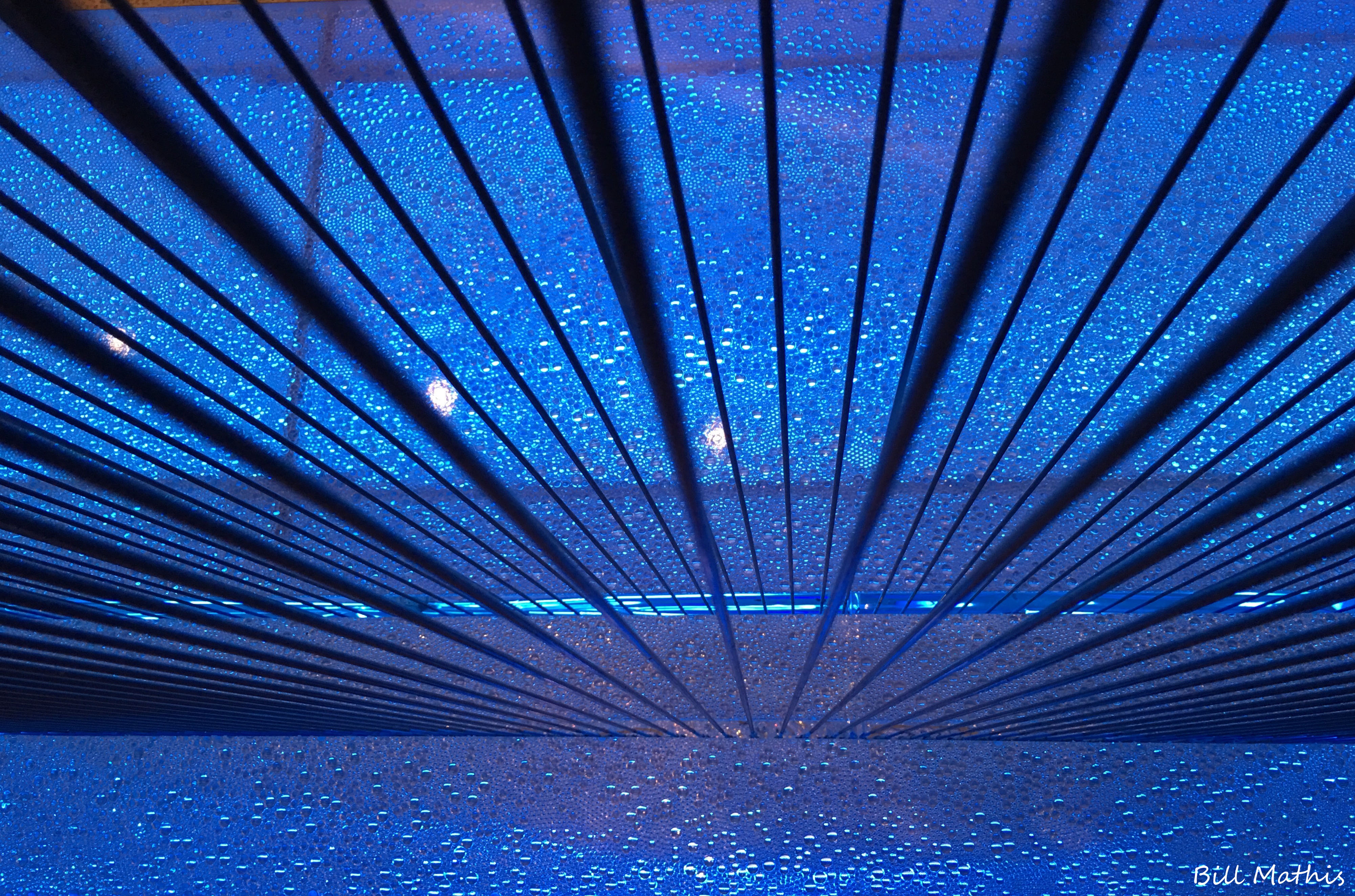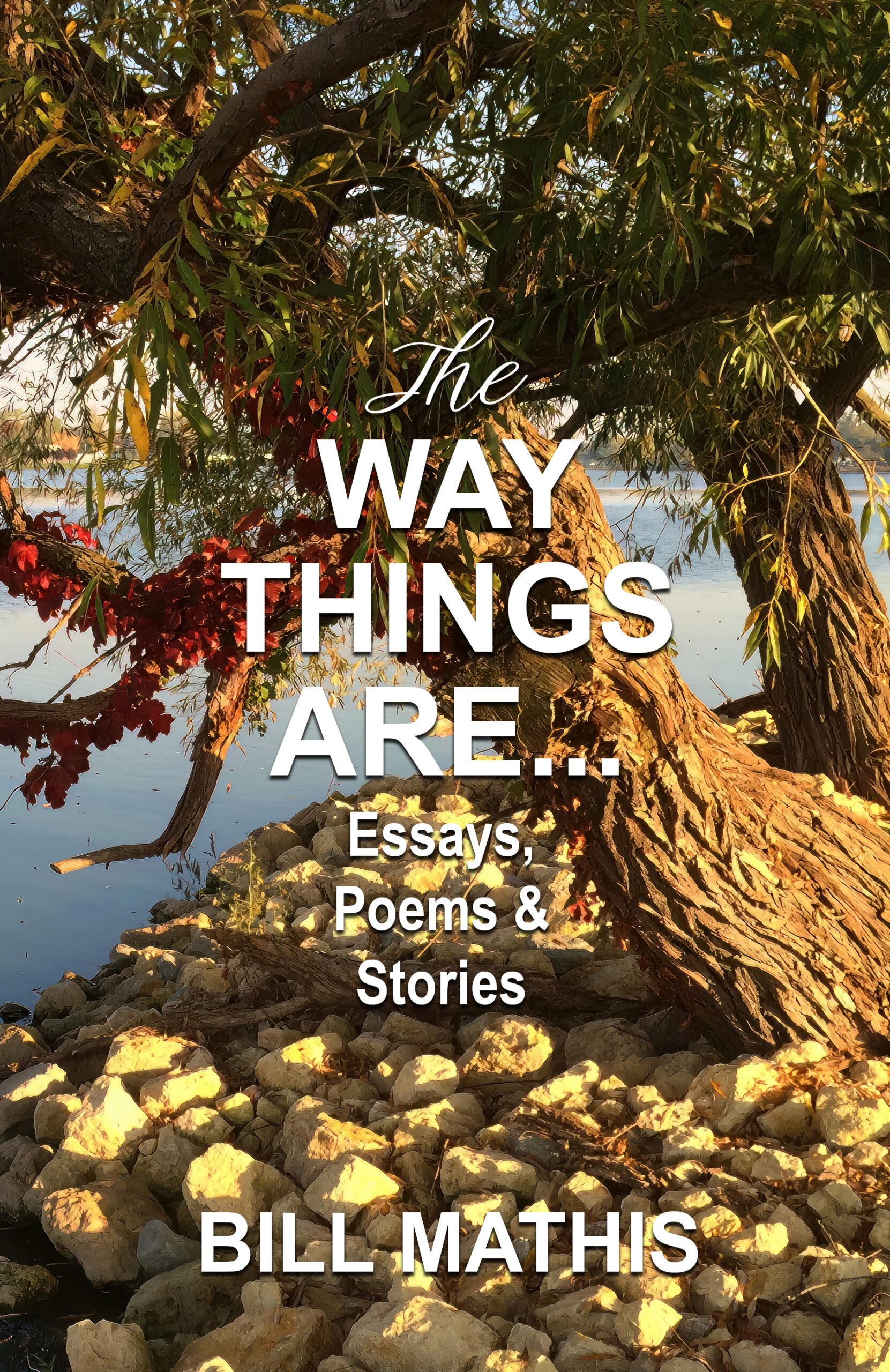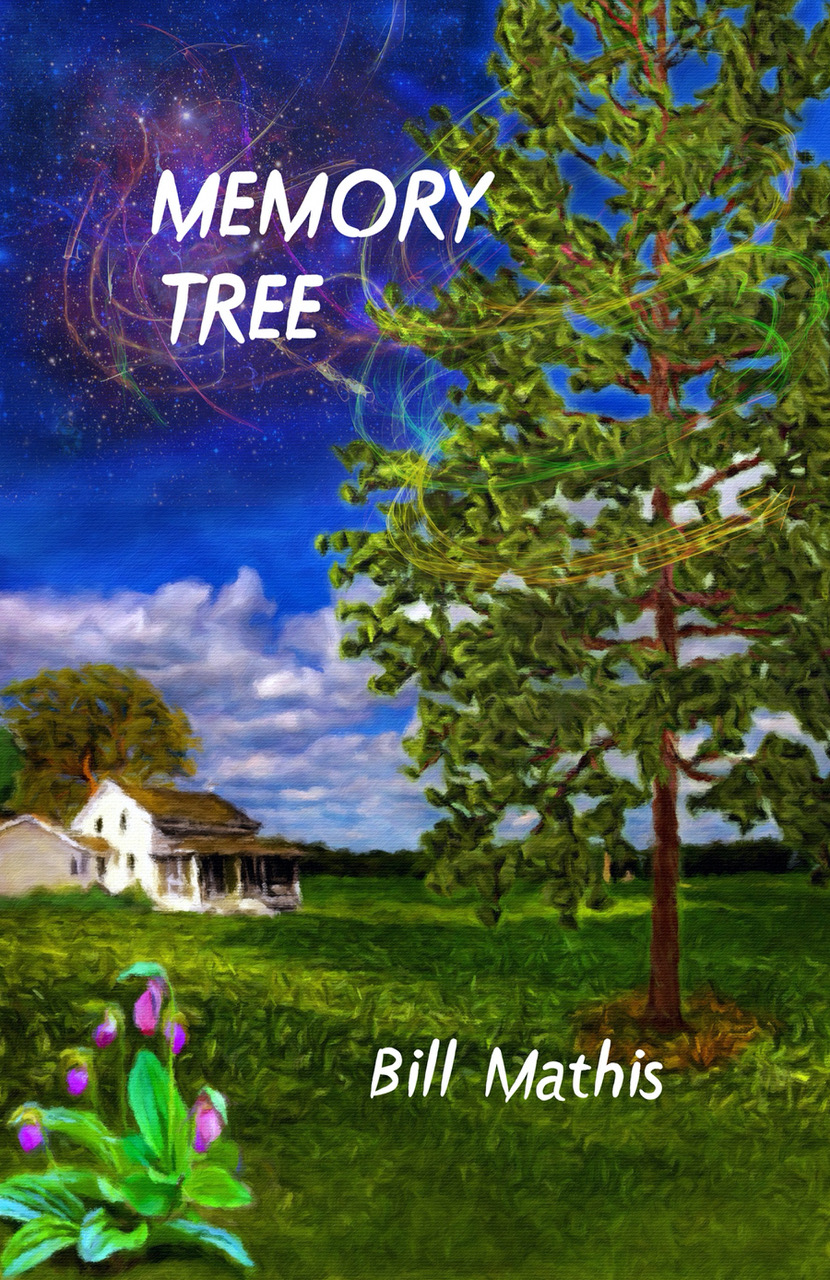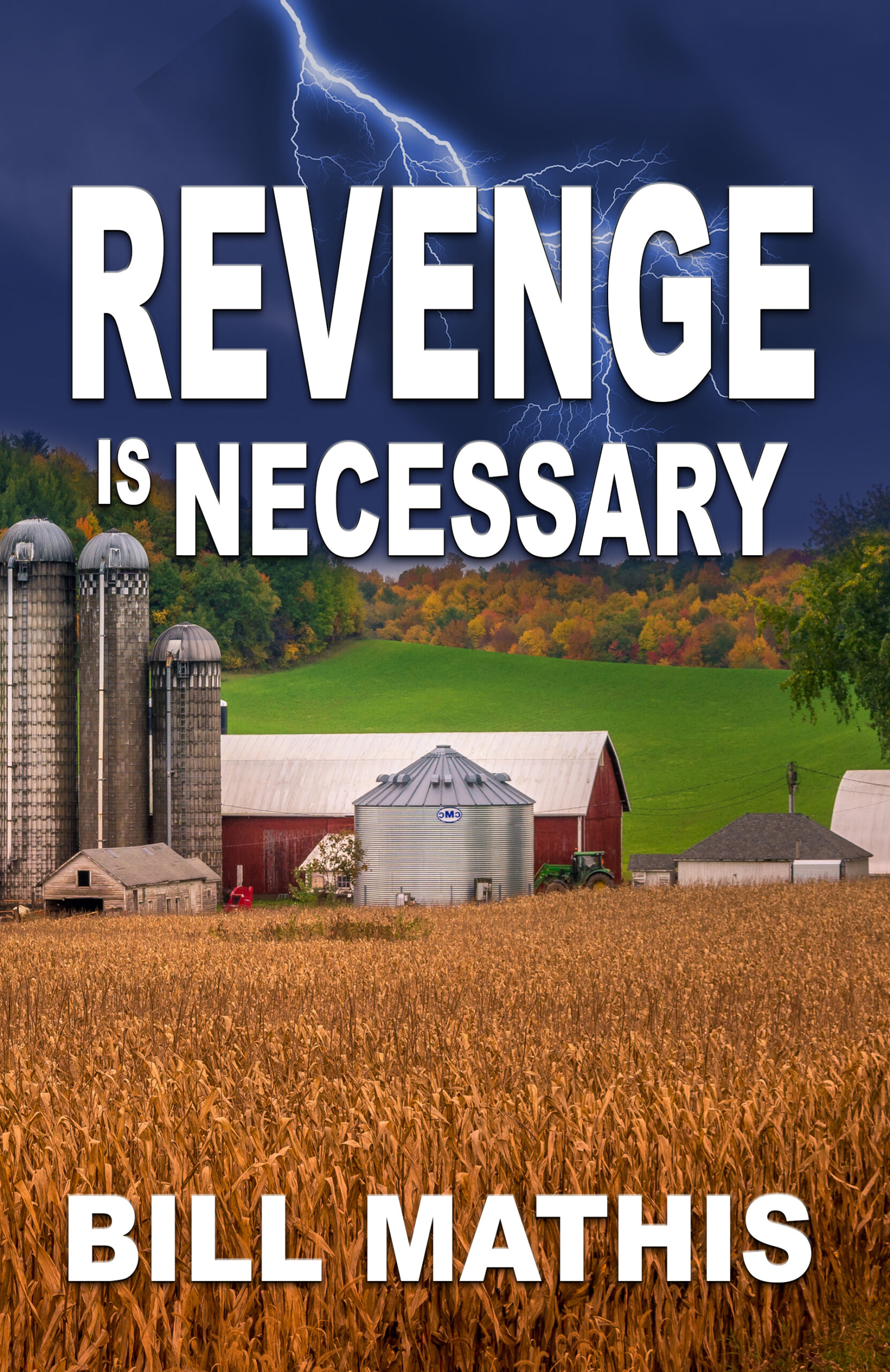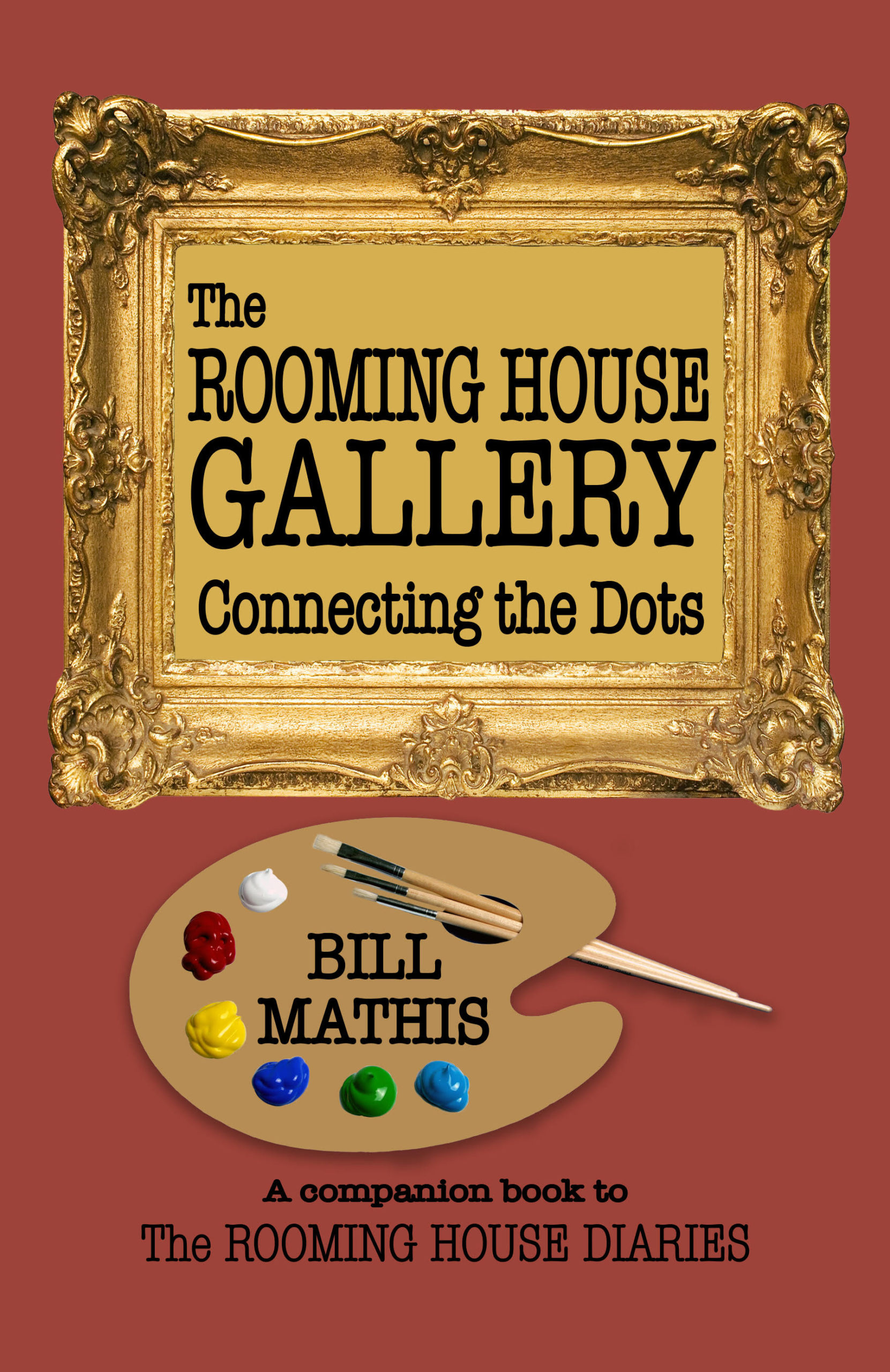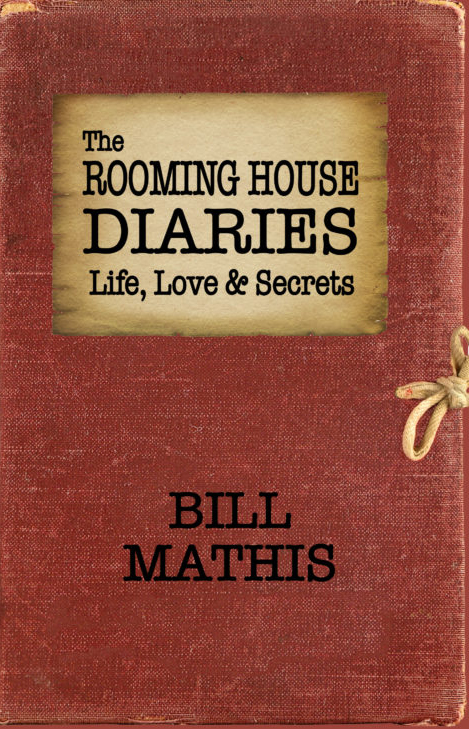Post 59: On The Road To Romania
The Neighbors
As the sun began to drop, Dr. G and I walked down the road and turned onto a dirt lane. Trees and vegetation grew on either side. His mother’s field of wheat shimmered on our right. In a few minutes we approached his neighbor’s home. It was set back from the lane with a small pond in front, a fenced in area with a horse chewing grain and an old, fairly large tractor was parked next to a fuel tank. Geese, chickens and ducks wandered the yard. A milk cow chewed her cud in a fenced area to the right of the house.
In front of the house, near the pond, stood a hand pump. A wooden table next to it held metal wash basins, toothbrushes, toothpaste, soap and a towel. The family washed up here year around. The outhouse was behind their house near the cow shed. The house itself was one story, and an open, covered porch ran the entire width. Each room of the house had a door leading onto the porch (there were no connecting doors between the rooms inside), which meant the open porch was essentially the hallway. The kitchen was at the end of the home, close to the livestock and garden. Inside the kitchen was a small refrigerator, a cook stove, possibly fueled by wood, with some simple cupboards and a small wooden table under a window. The next room served as both the living and dining room.
The neighbors were a husband and wife with several adult (or nearly adult) daughters and at least one adult son. The husband worked days in a shoe-making factory in Craiova and he farmed for most of their food. They were warm and friendly and thrilled to see Dr. G who also employed them to look in on Mama G, cook for her and help her as needed. They also used her land to raise crops.
We sat on cushions on the floor around a low table set nicely with colorful china. Soup was served first and it consisted of a thin broth with several pieces of vegetables and a duck wing in the middle of my bowl: a leg was in some of the others. I watched Dr. G, and then used my spoon on the broth and picked up the wing with my fingers and ate it. It was a little greasy but good. Several other dishes of root vegetables were served, all Dr. G’s favorites, and then some wonderful Chiftea followed, hot off a grill which sat a few steps outside of the kitchen. We also had Romania country bread called tară pâine, a hearty, coarse bread made of flour and corn meal, and drank some local wine. This family was considered to be higher on the economic scale than most of the other villagers. They owned a car, a tractor, and their land. The husband and son held solid factory jobs.
In the morning, after more grapes for breakfast, I watched as the neighbor, our host of the previous night, pulled a two-wheeled garden cart behind him and parked it about forty feet in front of the gates leading into Mama G’s wheat field. He grabbed a scythe, opened the gates wide, walked in for about fifty feet, and began slicing at the wheat. When he had an armful cut he would pick it up and walk it back through the gate to the hand cart, dump it in, then walk back and repeat the process.
After his second trip, questions flooded my mind. Why didn’t he use his tractor, at least to pull the cart or to cut the whole field? Then I reasoned he may not need to cut the whole field, or maybe the tractor didn’t run, or was out of gas. But why the hell didn’t he at least park the cart close to where he was cutting? He was walking eighty to one hundred feet each way. On every trip he made, he carried an armful of wheat. This seemed so inefficient! As I thought about it, I began to understand what seventy years of communism and dictatorship had done to a country rich in natural resources. It bred initiative and efficiency out of several generations of people.
I recalled a joke by a man I met in a Moscow hotel dining room on a trip I made to the Soviet Union in 1989. “We pretend to work and the government pretends to pay us.” I thought that’s what happened. I wondered about how many generations it would take to correct such an inefficient culture.
I also remembered the Muscovite’s follow up comment, “You know, me a Russian, you American, we not supposed to like each other, but I think we not much different. You and me,” he pointed between us, “we could sit down in my house or yours, drink some vodka or beer, eat, laugh and have a good time. We would have no trouble getting along. We all the same.”
Next week: “This is nothing. Nothing!”
